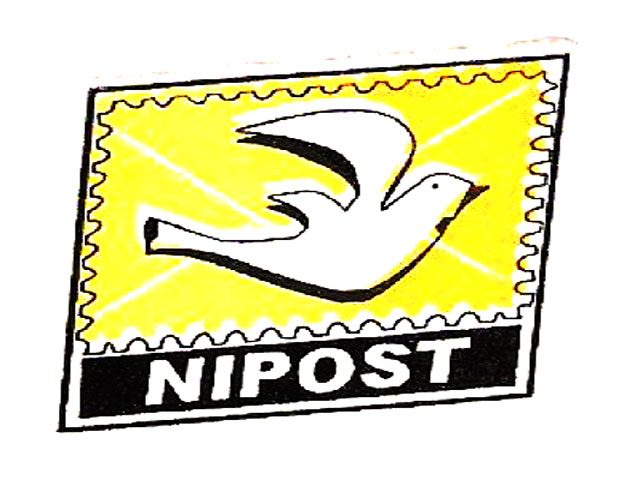Governor Uba Sani has shown rare commitment to unity, peace, and progress,argues ADAMSON MUHAMMED
In a strong show of commendation, former Nigerian ambassador to Spain and ex-chairman of the Alliance for Democracy (AD), Yusuf Mamman, has described Kaduna State under Governor Uba Sani as a model for peacebuilding and inclusive governance, particularly hailing the governor’s transformative impact in Southern Kaduna, a region historically plagued by ethno-religious tension and violence. Speaking through a public statement on Monday, Mamman, a respected journalist and founder of JKD 360 Television and Multimedia Services, stated that while Governor Sani has delivered impressive results in education, healthcare, and infrastructure, his most remarkable legacy is the restoration of peace and unity in one of Nigeria’s most volatile regions. “Governor Uba Sani inherited a fractured state—split along dangerous ethno-religious lines. Today, those divisions are fading. Kaduna is once again a united people,” Mamman declared. Southern Kaduna has long symbolized the deep-seated religious and ethnic fault lines that threaten Nigeria’s federal unity. Periodic violence, loss of lives, and destruction of property have kept the region on edge for decades, with successive administrations struggling to find a lasting solution. Under Governor Sani, however, the narrative is changing. Since taking office, he has prioritized dialogue, engagement, and balanced development, earning the trust of communities across both Christian and Muslim populations. His administration has supported peace-building initiatives, rebuilt trust between herder and farming communities, and established local platforms for conflict resolution, where traditional and faith leaders play an active role.
“There’s a new tone in Southern Kaduna. It’s not just about ending violence—it’s about healing,” Mamman remarked. “Governor Sani’s deliberate and sustained efforts have defused longstanding tensions.” A key factor in Sani’s peace strategy has been his policy of inclusion and fairness, especially in appointments, project allocation, and security presence. By treating every part of the state—north, central, and south—as equal stakeholders, the administration has sent a strong message: Kaduna belongs to everyone. From reactivating abandoned schools and health facilities in the region to implementing rural infrastructure projects that connect neglected communities, the administration has pursued a development-first peace agenda. According to Mamman, this balanced approach mirrors the golden years of the Second Republic under Balarabe Musa, when governance was ideologically driven and focused on public welfare. “Kaduna now mirrors the harmony we witnessed during Balarabe Musa’s administration. There’s a sense of collective purpose that was absent for years,” Mamman noted. The fruits of Governor Sani’s peace efforts are tangible, not just symbolic. In Southern Kaduna, inter-communal clashes have declined significantly. Local peace committees established under the Ministry of Internal Security have helped communities resolve disputes before they escalate. The governor has also consistently met with community leaders, youth groups, and faith-based organizations—reaffirming his commitment to grassroots peace architecture.
At the same time, the administration is delivering key developmental projects that create jobs and improve livelihoods: Upgraded Primary Healthcare Centres across Southern Kaduna to Level two, ensuring access to quality care in rural communities; construction of new schools and deployment of trained teachers to areas once deemed unsafe; Rehabilitation and construction of rural roads, improving mobility and access to markets. “This is not just peace for peace’s sake,” Mamman said. “It is peace with dignity, backed by tangible development.” Mamman praised Uba Sani’s leadership as a blueprint for other governors navigating similar ethno-religious complexities. “Inclusion is not a buzzword; it is a strategy,” he said. “Governor Sani has shown how investing in justice and development is the surest path to peace.” Observers note that the governor’s ability to bring together traditional rulers, religious leaders, and political stakeholders from across divides has had a stabilizing effect on Kaduna State’s broader security situation. Rather than applying top-down security crackdowns, Sani has empowered local solutions—an approach increasingly cited as best practice in conflict-prone regions. While focusing on peace, Governor Sani has not neglected fiscal discipline. Mamman highlighted the administration’s efficient use of limited resources, emphasizing that despite inheriting a significant debt burden, Sani has avoided borrowing and yet achieved remarkable infrastructure and social service gains.
Among the milestones include 62 new schools built state-wide; 25 roads commissioned, including those linking Southern Kaduna communities to economic hubs and healthcare and education access expanded, with visible impacts on local living standards. These efforts have not gone unnoticed. Across the state, communities once skeptical of the government’s intentions now speak of hope and renewed confidence. “Governor Sani is not just building infrastructure—he’s rebuilding trust,” Mamman reiterated. Political watchers believe the peace in Southern Kaduna has contributed to broader political stability in the state. Unlike previous administrations plagued by protests, polarization, or widespread skepticism, Sani’s leadership has thus far enjoyed support from across ethnic, religious, and political divides. Mamman urged residents, particularly those in historically marginalized communities—to continue backing the governor’s initiatives. “Leadership thrives when citizens support what’s right. Governor Sani has shown rare commitment to unity, peace, and progress. These are values we must protect,” he concluded. From Jema’a to Kauru, from Zangon Kataf to Sanga, the winds of peace blowing through Southern Kaduna are not accidental—they are the result of deliberate, sustained leadership. Governor Uba Sani’s approach to governance goes beyond political rhetoric. It is a strategic, people-first model where peace and progress are two sides of the same coin.
His ability to address the root causes of Southern Kaduna’s conflict—mistrust, underdevelopment, and marginalization—while empowering communities through inclusion and equity, has fundamentally changed the state’s trajectory. For a region long seen as Nigeria’s barometer for sectarian tensions, Southern Kaduna is fast becoming a beacon of what is possible when peace is prioritized and pursued with integrity. If Kaduna continues on this path, it will not only rewrite its own story but also offer hope to other divided regions across Nigeria. And at the heart of that transformation stands Governor Uba Sani—a leader proving that healing a fractured state begins with listening, inclusion, and the courage to govern differently.
Muhammed writes from Kaduna State



